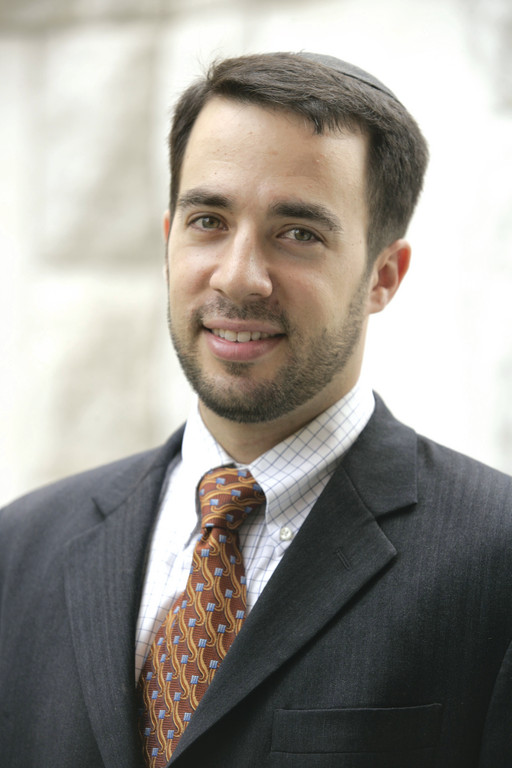Teshuvah / A Yom Kippur letter about forgiving ourselves
Please forgive my sharing with you a letter I wrote to myself. It was important to write it, following the lesson of the Chasam Sofer (see below), so that the message would come across and not go right out the other ear.
Dear Me,
In the seventh chapter of the Laws of Teshuvah (Repentance), Maimonides reminds us that even not-so-obvious “sins” require a repentance of some kind.
“A person should not think that repentance is only necessary for those sins that involve deeds such as promiscuity, robbery, or theft. Rather, just as a person is obligated to repent from these, similarly, he must search after the evil character traits he has. He must repent from anger, hatred, envy, frivolity, the pursuit of money and honor, the pursuit of gluttony, and the like. He must repent for all [of the above].
“These sins are more difficult than those that involve deed. If a person is attached to these, it is more difficult for him to separate himself. In this context, [Isaiah 55:7] exhorts: ‘May the wicked abandon his path and the crooked man, his designs’.”
The quote from Isaiah is familiar to any shul-goer, because it is at the beginning of the haftorah that we read at Mincha on fast days, when the listener is encouraged to “Seek out G-d where He could be found.”
The prophet continued his exhortation, instructing the crooked man to “Return to the L-rd, Who shall have mercy upon him … and will freely pardon. ‘For My thoughts are not your thoughts, neither are your ways My ways,’ says the L-rd.
‘As the heavens are higher than the earth, so are My ways higher than your ways and My thoughts [higher] than your thoughts. For, just as the rain and the snow fall from the heavens, and it does not return there … so shall be My word that emanates from My mouth — it shall not return to Me empty, unless it has done what I desire and has made prosperous the one to whom I sent it’.” (Isaiah 55:7-11)
• • •
The Chasam Sofer used this instruction to remind even the greatest of scholars that there is merit to hearing a person give a public rebuke. In other words, to scholars who believed they could get more out of learning “mussar” and ethical teachings on their own, Rabbi Sofer would say they could gain even more from attending a lecture or class given by another

 50.0°,
Overcast
50.0°,
Overcast 




